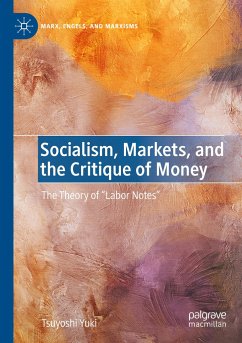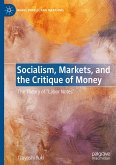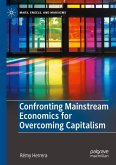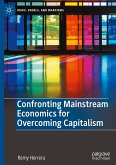This book provides a comprehensive overview of historical and international debates on the theory of "labor money" or "labor notes." These debates exist in a triangular context of market socialism, communism (community-based socialism), and local currency, joining numerous socialists, anarchists, and Marx and Engels. Labor note theory encompasses theoretical, ideological, and practical doctrines aimed at designing a fair and desirable labor-based market or non-market economy by reforming the monetary and credit system. This theory was considered an unfeasible utopian idea in the context of orthodox Marxism, which is typically based on a historical study of surplus value doctrines. However, this book eschews Marx's critique of "labor money" that limits the debate regarding a concrete alternative society, and instead proposes practical and gradual approaches to social reform by scrutinizing the primary sources of labor money theories and practical experiences and reconstructs their theoretical relationships.
Bitte wählen Sie Ihr Anliegen aus.
Rechnungen
Retourenschein anfordern
Bestellstatus
Storno








